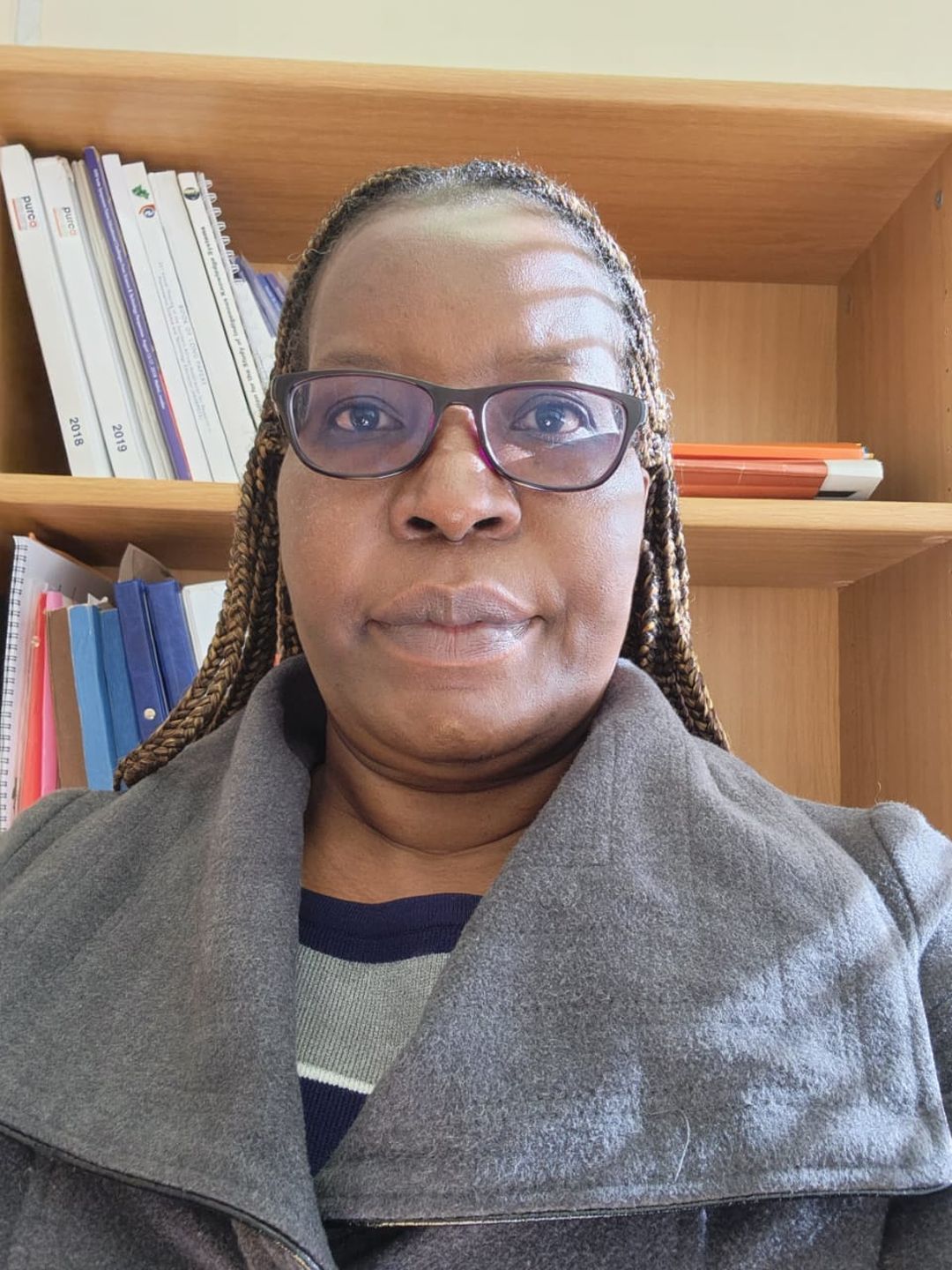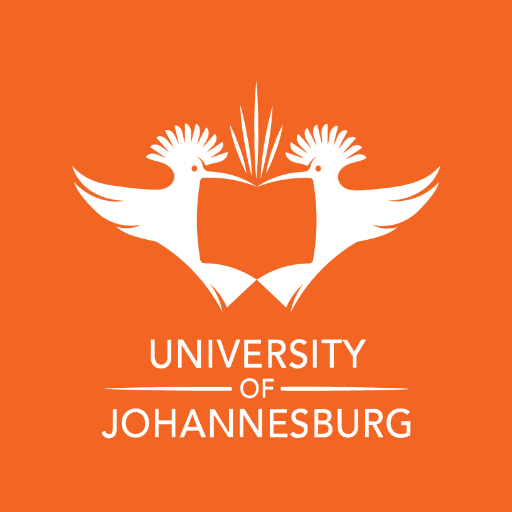Staff Members
Home »
Senior Lecturer: Life Sciences Education
Name: Lydia Mavuru
Location: B Ring 404A Auckland Park Kingsway Campus
Staff Members
Contact Details:
Tel: +27 11 559 3490
Email: lydiam@uj.ac.za
About Prof Lydia Mavuru
Prof Lydia Mavuru is a Senior Lecturer in the Department of Science and Technology Education (SciTechEd). She holds a PhD in Science Education and received an award for the best PHD science education student for 2016. She holds a Master of Science Education Degree in Biology for which she was awarded two book prizes for 2003 and 2004. She also holds a Postgraduate Diploma in Science Education, a Bachelor of Education majoring in Biology, and a Diploma in Education specialising in Science. Prof Mavuru teaches in both the undergraduate and postgraduate programmes in the UJ Faculty of Education. Undergraduate teaching includes: Life Sciences subject methodology and practicum modules for BED and PGCE. Postgraduate Teaching includes modules in the BEd Honours and MEd and postgraduate supervision: Prof Mavuru currently supervises eight postgraduate students at Masters level, and is a co-supervisor of one student at PhD level in the field of science education. Her students are researching on the following areas:
- Teachers’ views about indigenous knowledge and its integration in science teaching and learning
- Creating constructivist learning environments in science classrooms
- Teaching socio-scientific issues embedded in some Life Sciences topics using inquiry
- Teachers’ pedagogical content knowledge when addressing socio-scientific issues embedded in specific Life Sciences topics
- Classroom interaction patterns in Life Sciences English-second- language learners’ classes
- Teachers’ perceptions and experiences in teaching Life Sciences using second language
- Comparing performance differences of learners taught science in home language and second language
Prof Mavuru’s research interest is in socio-cultural perspectives in science teaching and learning with a particular focus on how these impact on teachers’ PCK and classroom interactions with the intention of making science concepts more relevant and accessible to learners of diverse socio-cultural background.
